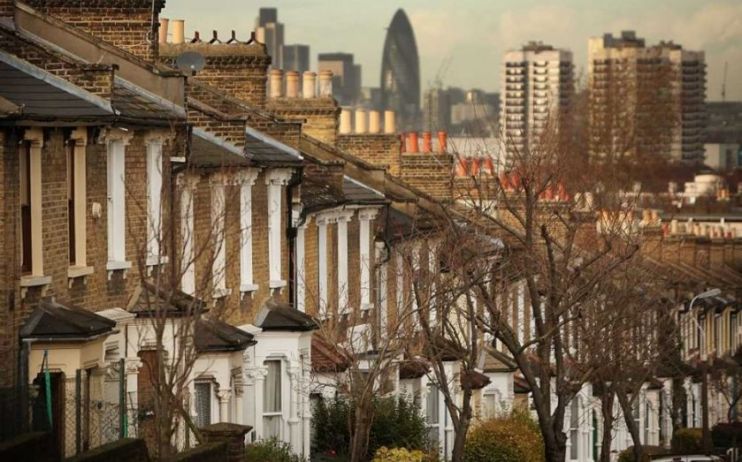Property deposits for first-time buyers swell over 50 per cent in last decade

The average deposit for first-time buyers has rocketed more than 50 per cent over the last 10 years – even after adjusting for inflation, according to a new study.
As homeownership falls further out of reach for first timers, those trying to get on the property ladder must have a deposit of more than £45,500, compared to around £23,000 to £29,000 a decade ago, data from platform Stipendium has showed.
“While this increase will have been felt by homebuyers at all levels of the market, it’s been particularly hard on first-time buyers who are just starting out on their journey to homeownership and who won’t have the financial backing of a previous property in order to cover their mortgage deposit costs,” Stipendium CEO Christina Melling said.
“It really does beg the question as to where it will stop? We’ve only seen one notable market realignment in the last two decades and house prices have since surpassed previous peaks to reach new highs, which has severely reduced the chance to buy for many aspirational homeowners.”
It comes just days after the Halifax House Price Index revealed that the average price of a home has jumped 11 per cent over the past year to a new record figure.
The average price of a house is now £282,753, a steep increase of £43,577 in just two years since the UK’s first Covid-19 lockdown.
Prices have increased 1.4 per cent since last month – the largest monthly increase in the past six months.
“Average UK house prices rose again in March for the ninth month in a row,” Halifax managing director Russell Galley said. “The increase of 1.4 per cent, or £3,860 in cash terms, was the biggest jump since last September. With 2021’s strong momentum continuing into the beginning of this year, the annual rate of house price inflation continues to track around its highest level since mid-2007.”
The new record is up around £28,113 in just 12-months – and not far off the average annual earnings for Brits of £28,860, Galley explained.
It comes at a time when households are already wrestling with the climbing cost of living, and the Bank of England battles against spiralling inflation across the board. However, Galley seems to think the average price of a home is close to peaking.